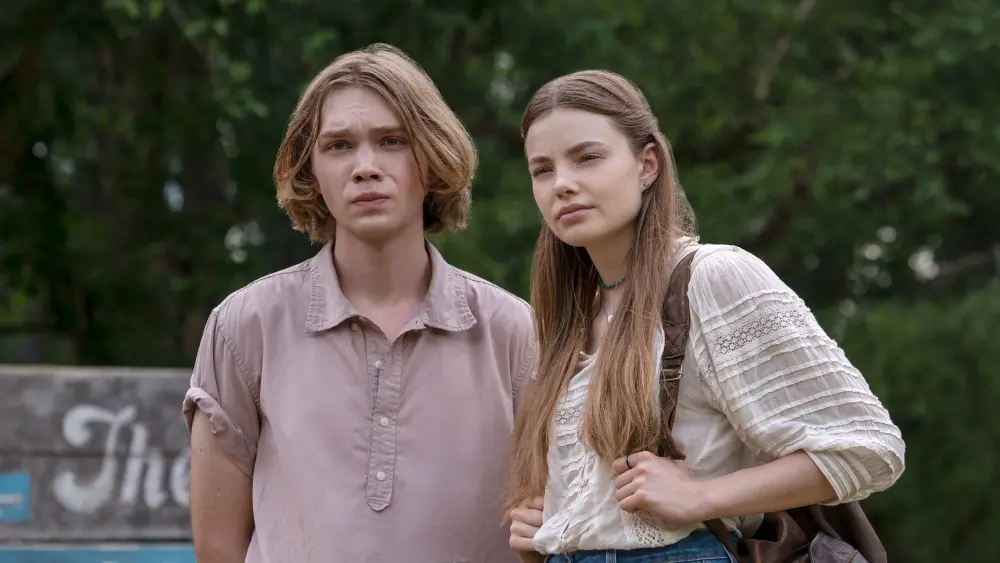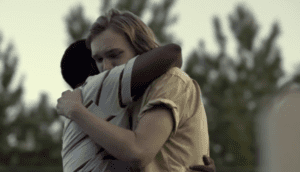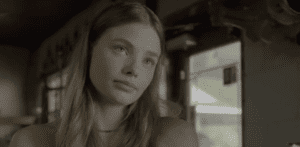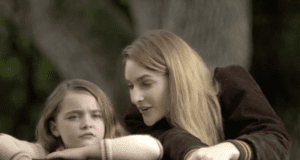Summary
Hulu series Looking for Alaska presents a firm teenager story in a claustrophobic environment, but the way characters act are absolutely nonsense.
I have two opposing feelings for Hulu series Looking for Alaska Season 1, and I’ll delve into them separately.
Starting with the positive; Looking for Alaska is a genuinely heart tangling story, and if you are aware of John Green’s book of the same name, then you’ll know what to expect. The narrative is basked in “finding yourself”, entwined in teenage desperateness in an enclosed school environment.
The story feels purposefully claustrophobic within its environment, reminding me of my days at school where it felt like your whole world, your only world — teenager Miles (Charlie Plummer) takes a leap of faith and joins boarding school Culver Creek Academy, despite his overprotective, loving parents suggesting he does not need to join. But Miles is a character that relies on his belief in fate — you could argue his opening narration is somewhat pathetic, speaking of famous last words and lusting for “A Great Perhaps”.
Looking for Alaska relies on nicknames to front a quirky outlet; Miles is renamed Pudge (ironically he is skinny), he makes a new best friend that calls himself The Colonel, and heck, even the school administrator is titled The Eagle. The story begs to be completely separate from the outside world.
Of course, the focal point of the Hulu series is Alaska (Kristine Froseth) herself. I’m not aware of the book, but the series relies on mostly Miles’ perspective of her. It is an attraction that is obsessive, all-consuming and feeds his willingness to be trapped by this theory of following a path. As you are looking at Alaska from Miles’ eyes, she is portrayed as absorbing and mysterious.
Looking for Alaska has a main strength which is excellent storytelling, underpinned by this deep underlying need to explore teenage insecurity. Culver Creek is almost a war zone between two groups of friends that ride the rest of the story.
And now for the criticism; I haven’t read John Green’s book and halfway through the Hulu series, I was mostly irked by a singular element. Out of curiosity, I asked my friend who had read the material for his thoughts. Coincidentally, we both had the same view about how the characters spoke.
Teenagers do not talk like this. It’s easy to argue that the characters are teenagers by looks, but by conversation, they are older and were born at different times. They speak like they have been shackled with years of pain and joy, half-talking in Shakespearian ways, musing on each situation as if each one is hypothetical — I kept expecting the characters to speak in nonsense riddles only for them to go full circle and finally land on a theory.
Conversations about losing one’s virginity, pranks and general teenage drama are doused in absolute nonsense. These teenagers do not exist. It is easy to point to the Hulu series, but I’m led to believe this is the doing of John Green, who has articulated a pretentious teenage drama that will never happen in this language — John Green’s story catalyses from Miles’ “A Great Perhaps”, which is a pompous statement in itself.
Which is “A Great Shame” because Hulu series Looking for Alaska Season 1 has “A Great Potential”, but finds it finds itself woefully pretentious.
You can read the recap of episode 1 by clicking these words.




